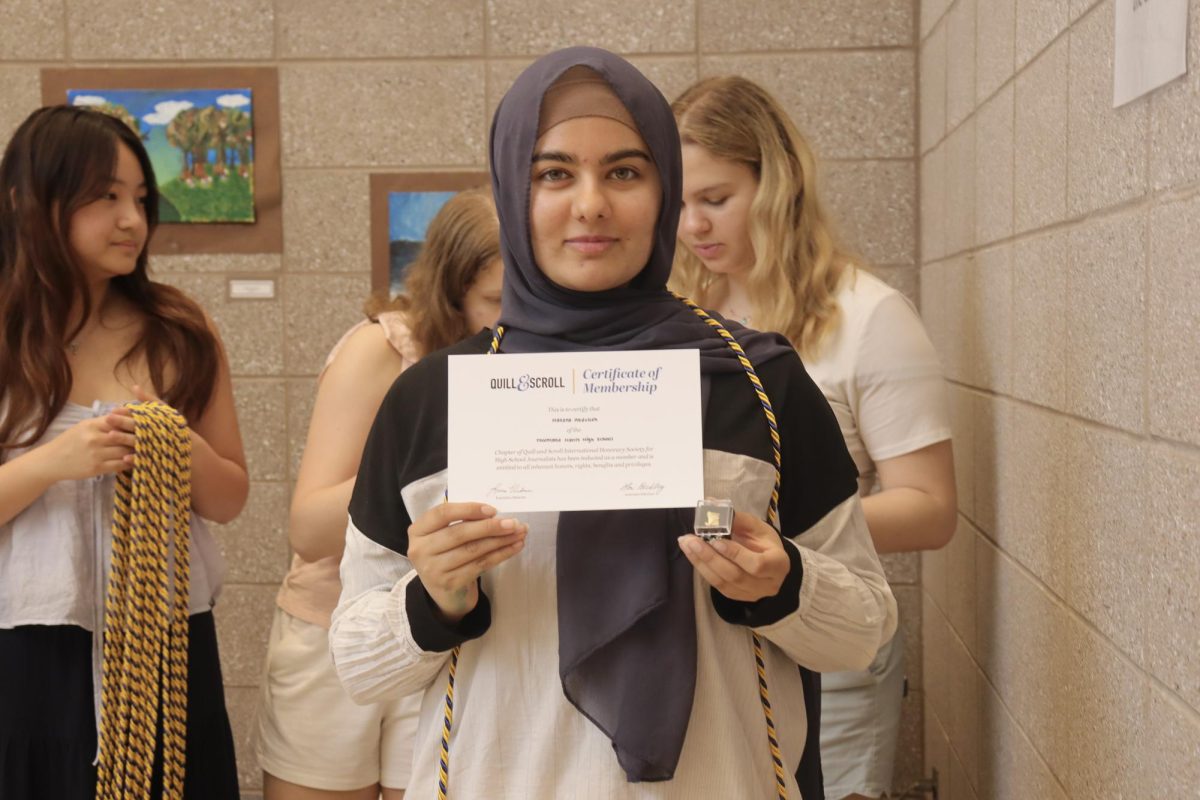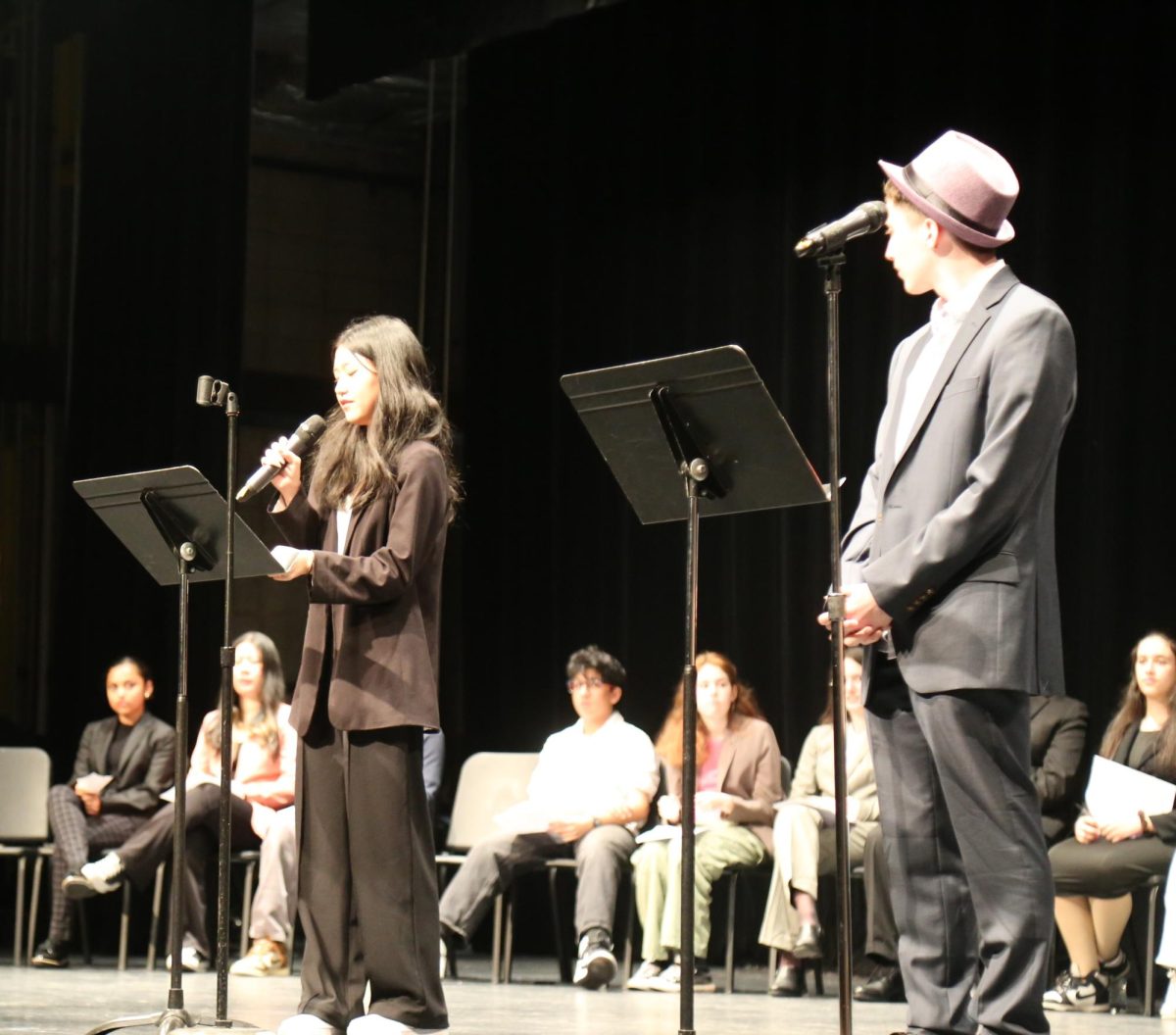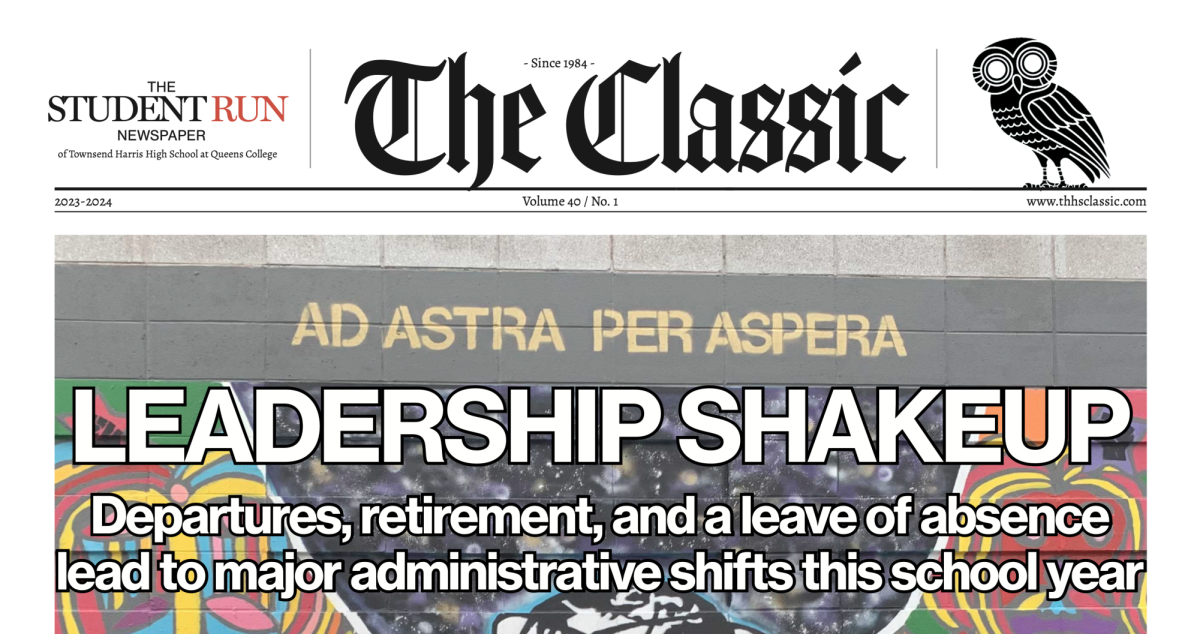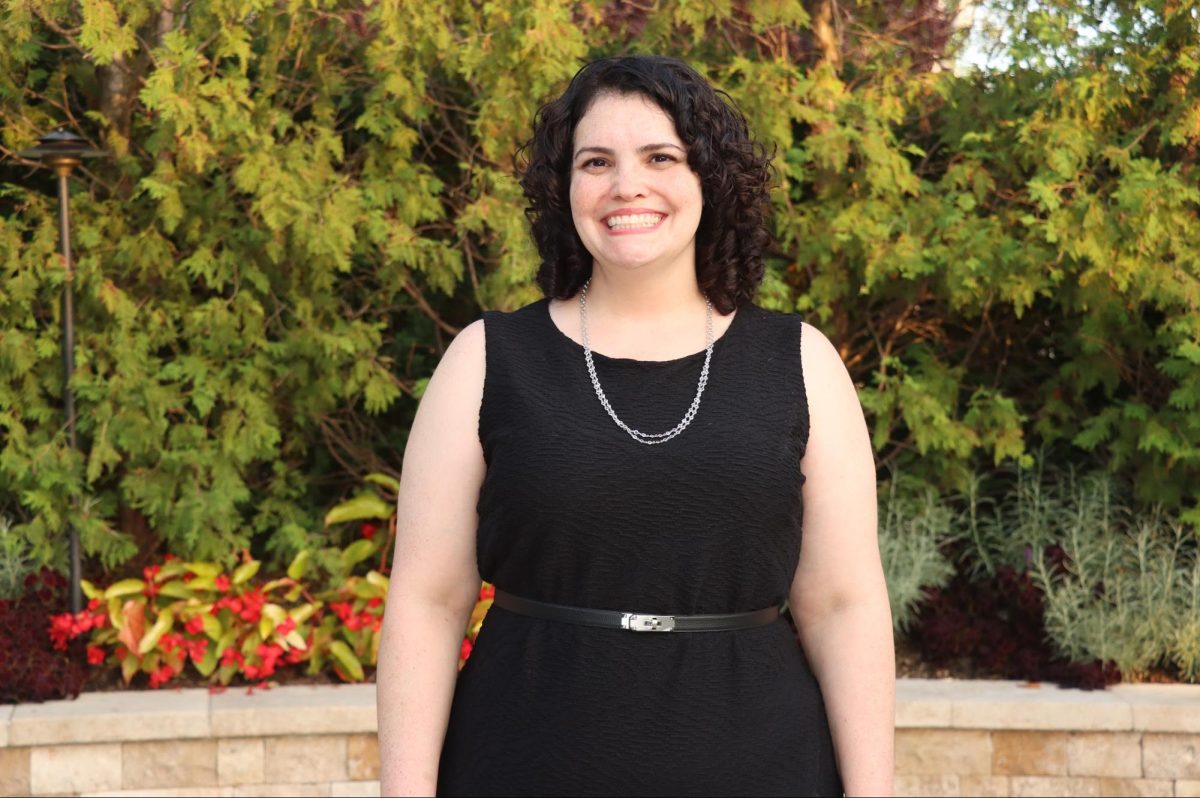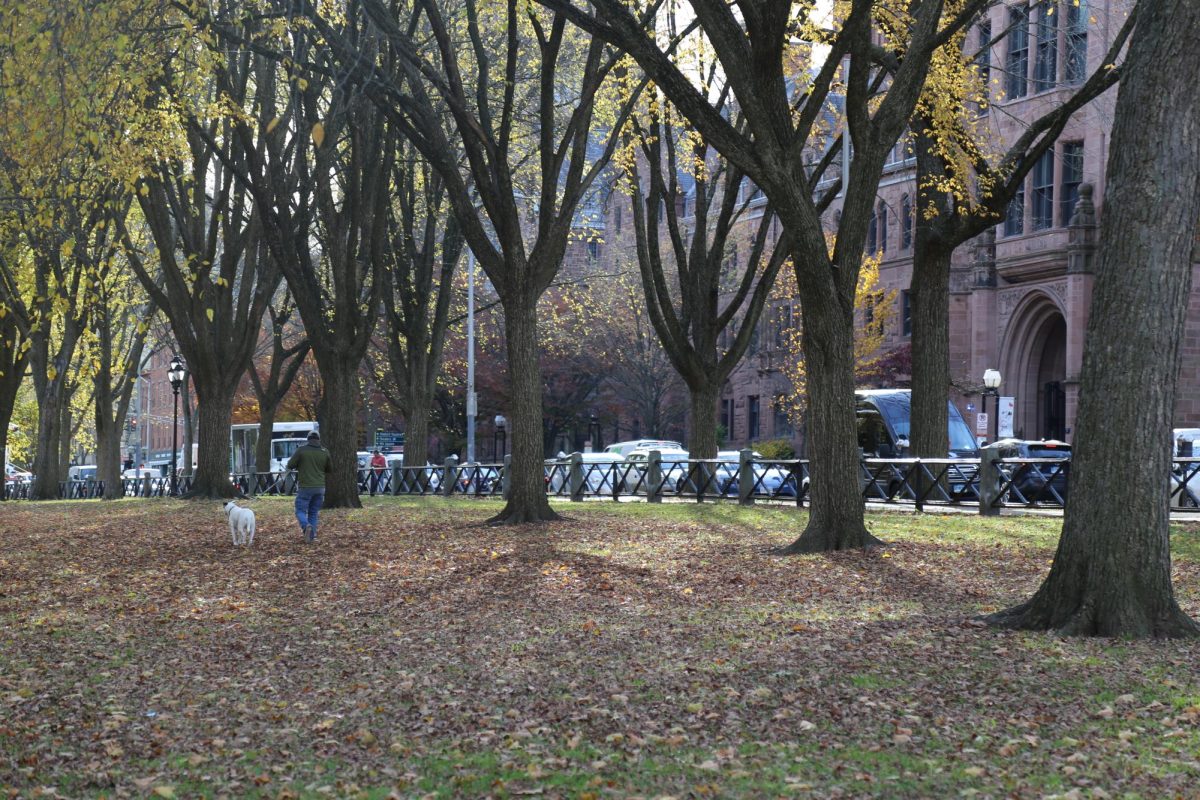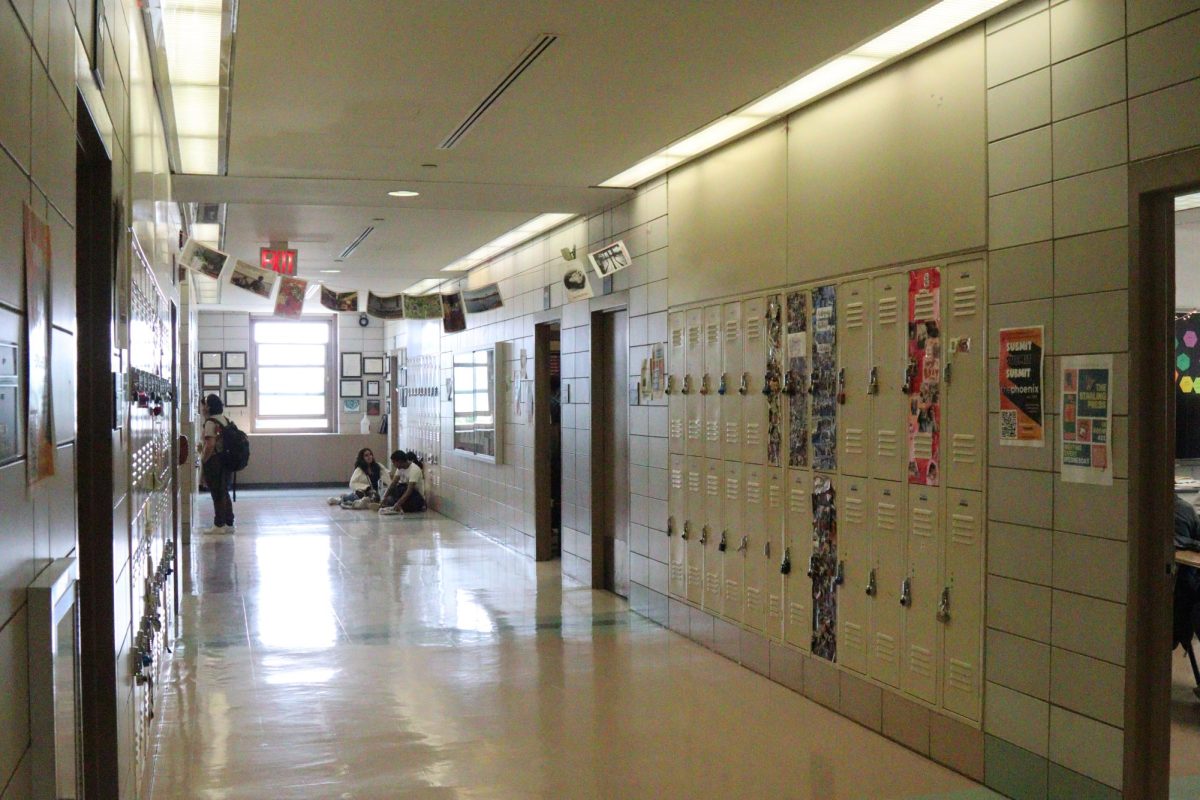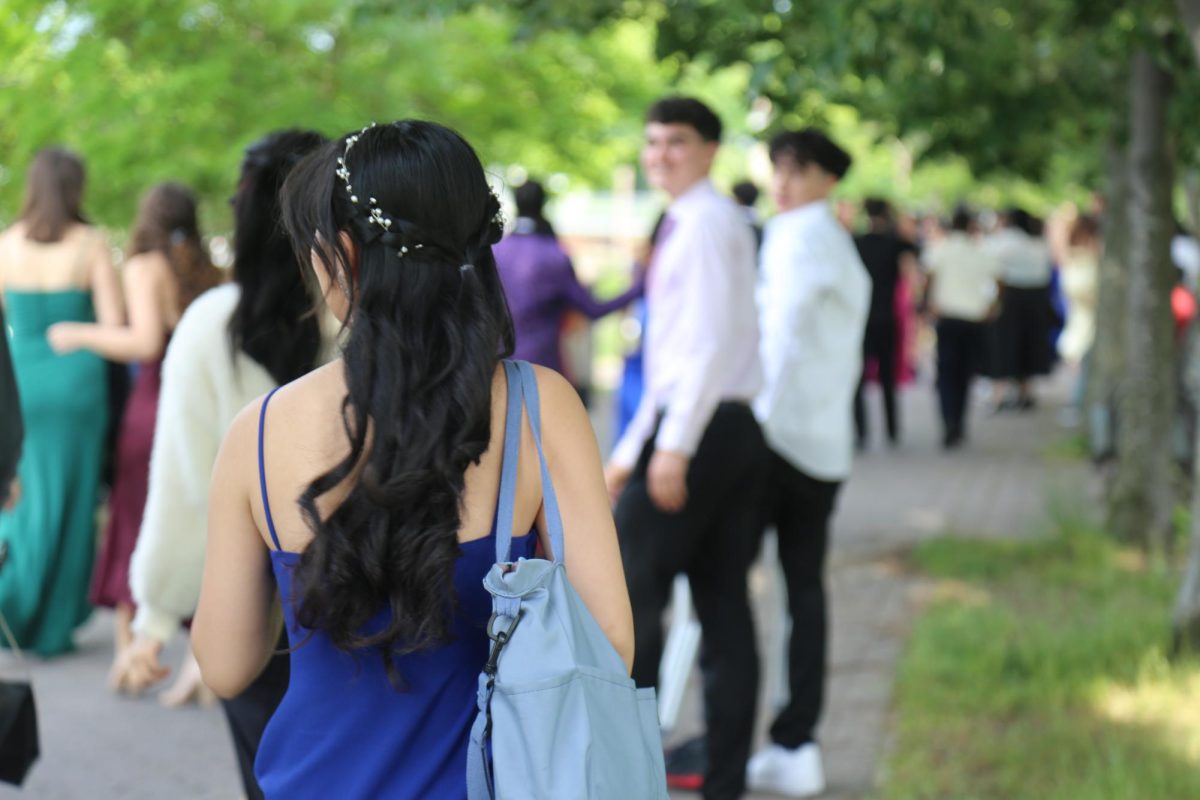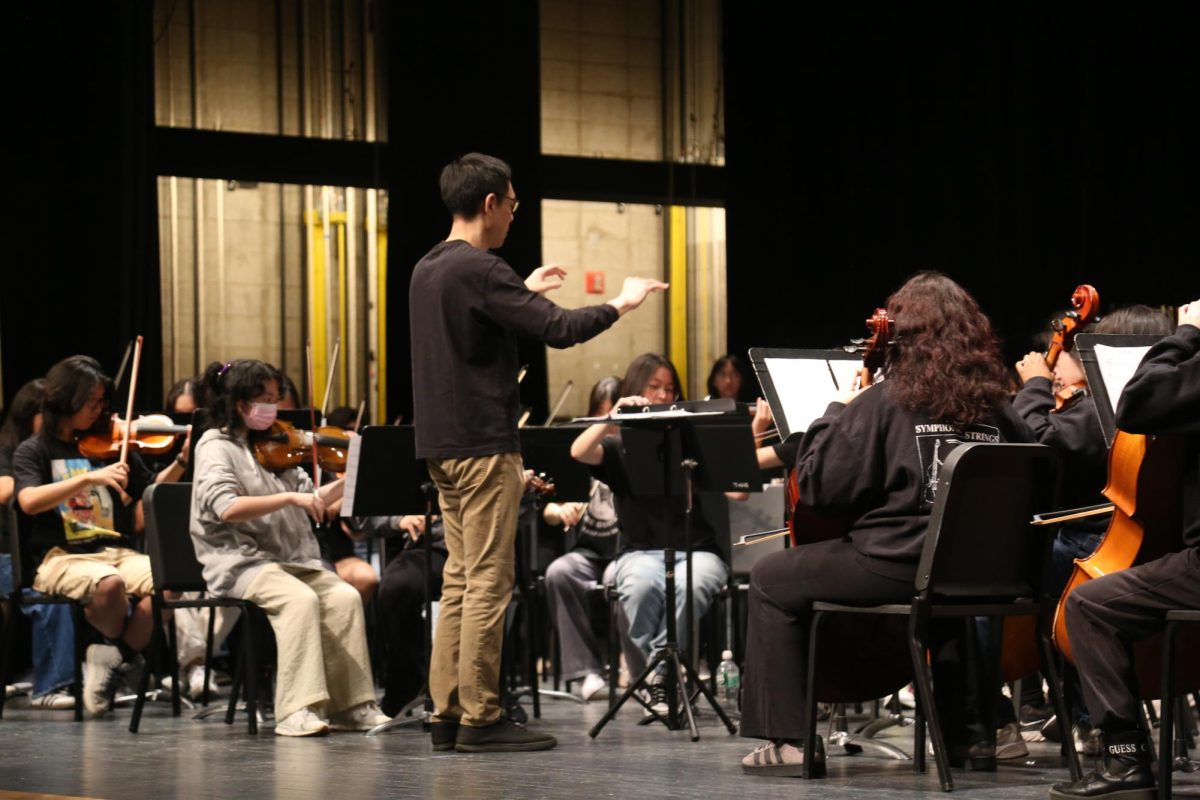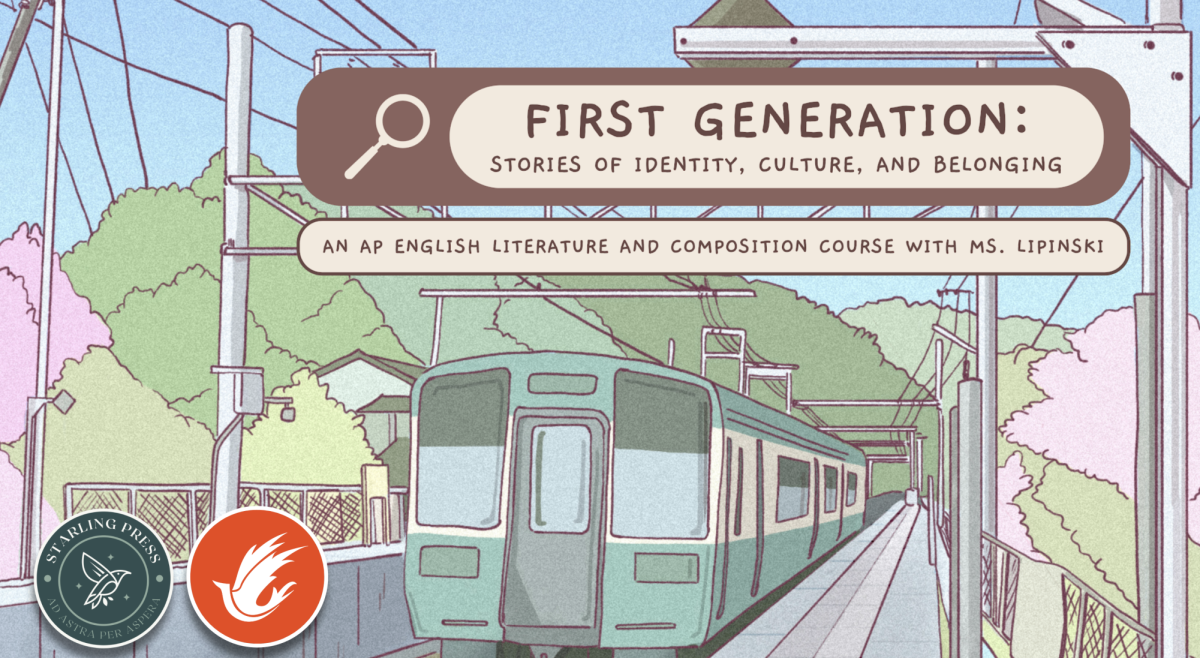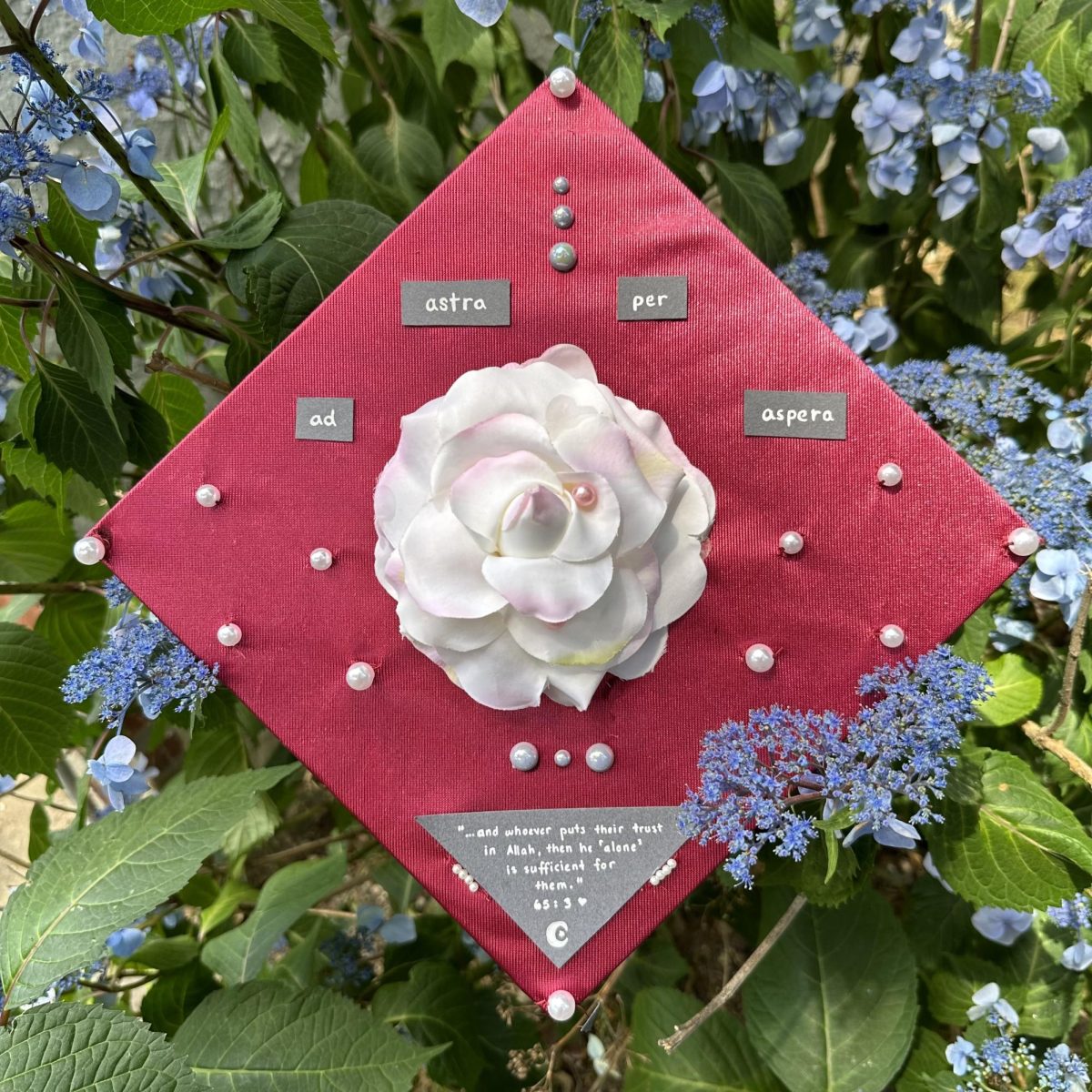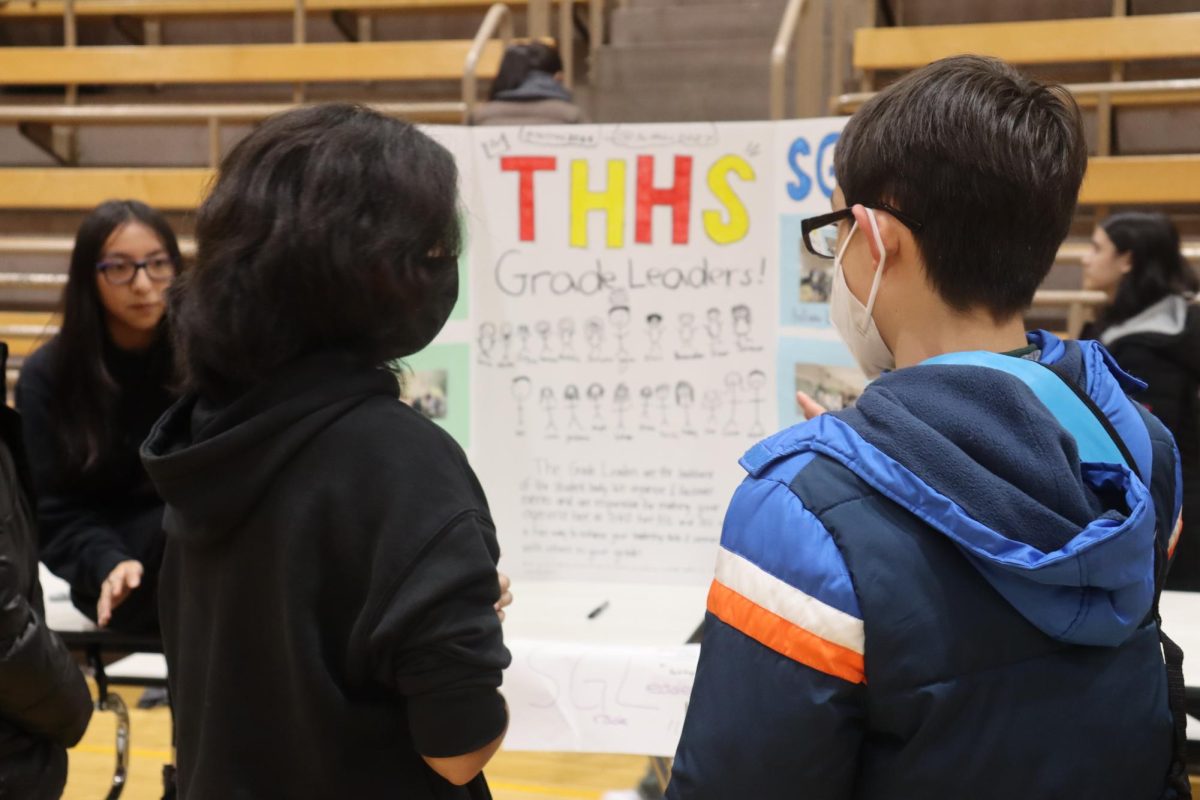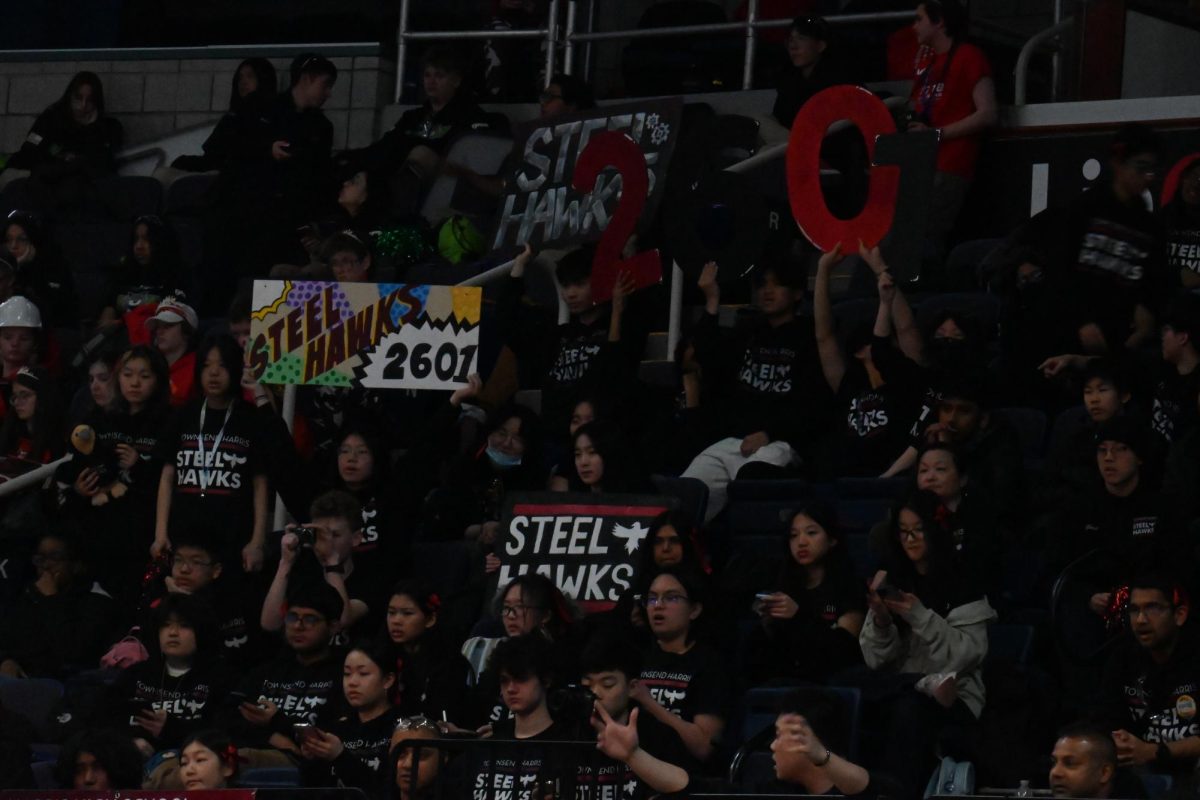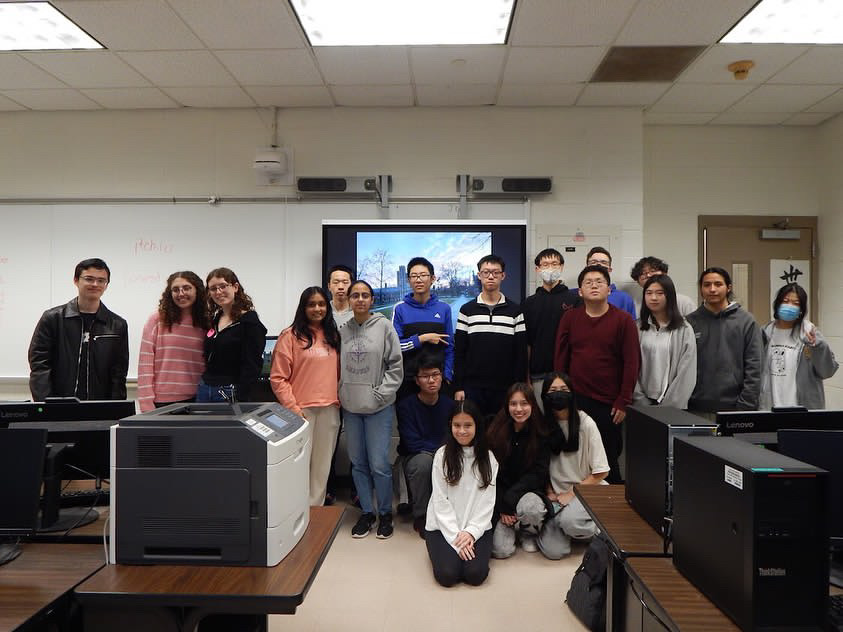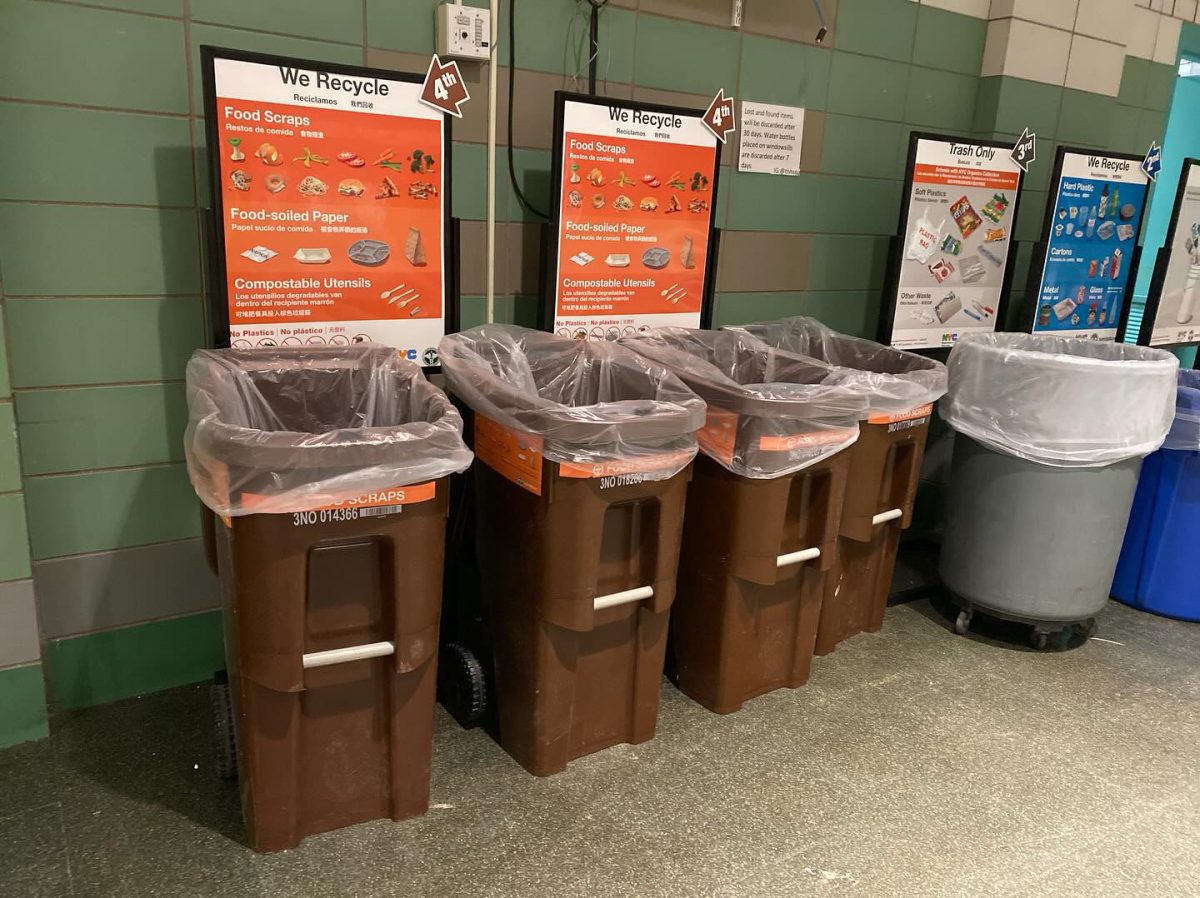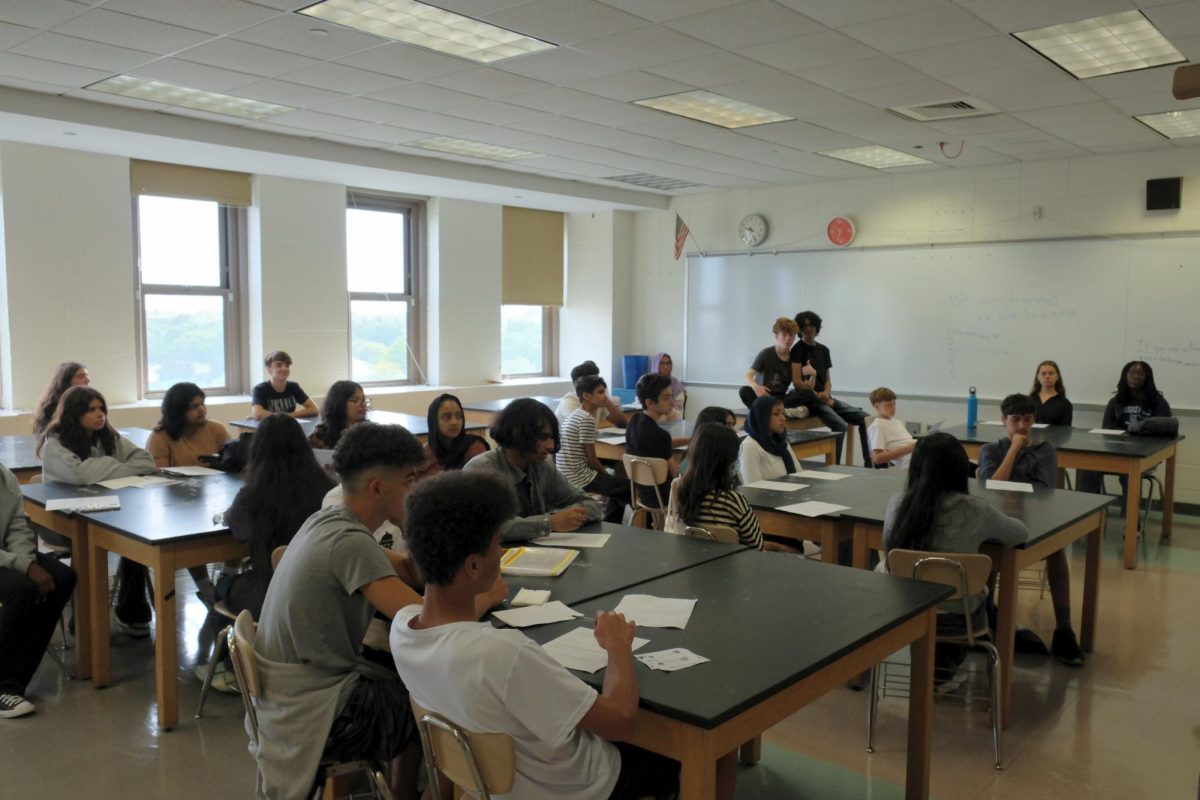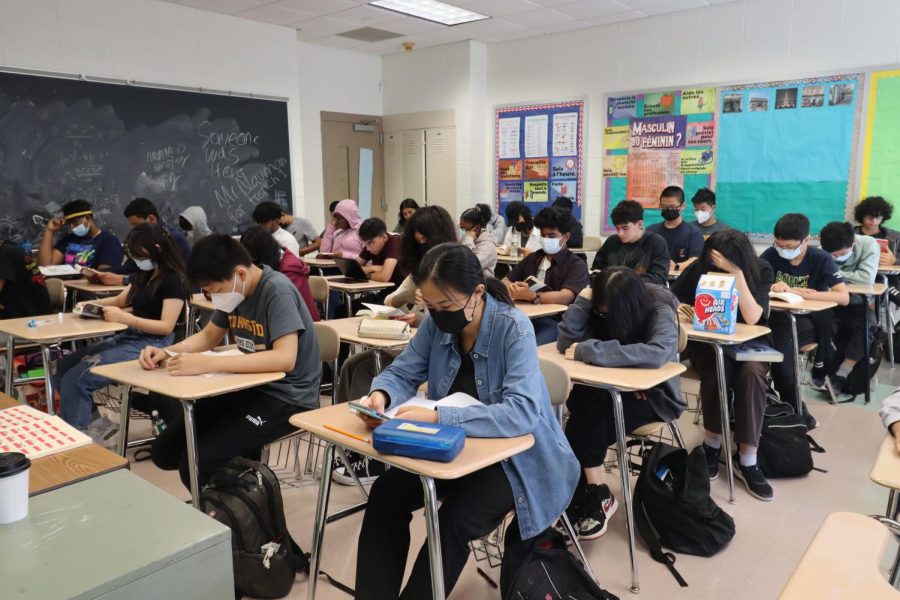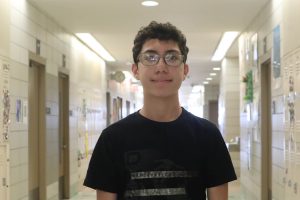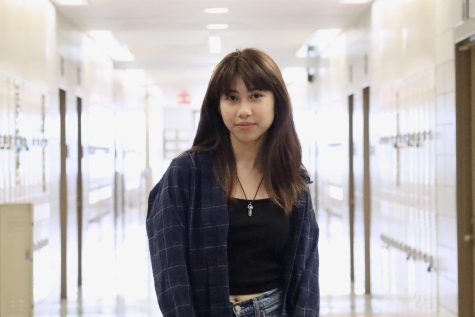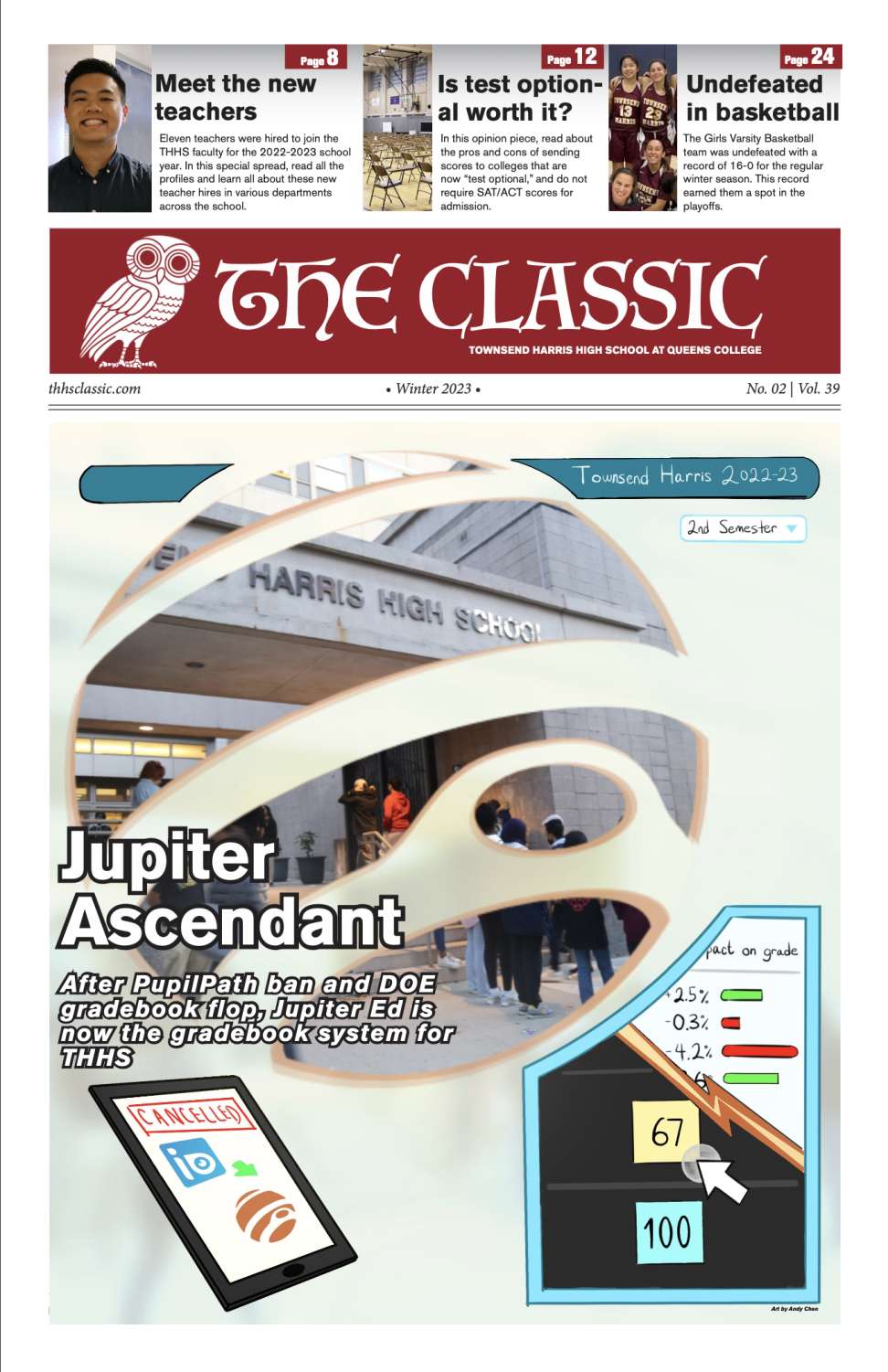
As schools are about to jump back into the ring with AI chatbots for round two, the presence of a familiar friend (or foe) will likely dawn on educators. For some teachers, sparring with AI may seem like a losing battle, and for others, these bots are hardly cut out to be the academic overlords their students flock to for answers.
But while panic has yet to flood classrooms, in large part because of the inadequate algorithms that these machines operate on, generative AI is complicating students’ relationships with both writing and the process of becoming better writers. As AI anchors itself in one of the most primal facets of education, schools should respond by reinvigorating writing process instruction while carefully considering the constructive value of large language models in student writing.
For one thing, generative AI tools like ChatGPT have it easy when it comes to writing. They’re unaffected by our most common assailants: writer’s block, fatigue, grammatical intricacies. There is never an unfinished draft, and redrafting can happen in a matter of seconds. Error-prone students, let alone humans, are at odds with an unrelenting prose factory whose work traces back to pattern detection and imitation. The writing process is drowned under automation; the effort and exertion that allow one to populate a blank page with text are being questioned for their inefficiency.
And though some skepticism exists about AI’s remarkability on the writing front, AI’s casting of the writing process as unequally integral as the finished text comes with a cost for students. For many students, populating that blank page is utterly complicated. Doubt towers over curiosity, ideas flail about in a sea of words, and attempts at sophistication often devolve into a jumble. Generative AI bots are in the process of chipping away at the value of these common experiences by promising to eliminate, or at least simplify, the writing “burden.”
Schools must begin responding to this apparent recasting of writing by revisiting writing process instruction in classrooms. Such instruction should enable an application of writing that elevates the process. Helping the process rear its head to students may involve experimenting more heavily with exploratory writing—tasks with an expressive or creative element overflow with steps to mount. Educators may even consider enhancing the role of feedback in writing classes.
Stakeholders should also carefully devise a portrait of the constructive potential of AI as it relates to student writing. Perhaps the limitations of large language models may prompt students to reflect on their own writing, or maybe an understanding of AI’s error-free prose will reveal the value of human error. Students may even be encouraged to engage with generative chatbots when writing, maintaining a collection of original works and AI-assisted revisions to settle the tension between human- and machine-generated writing. Magnifying those distinctions may ultimately remind students of the uniqueness built into human writing.


